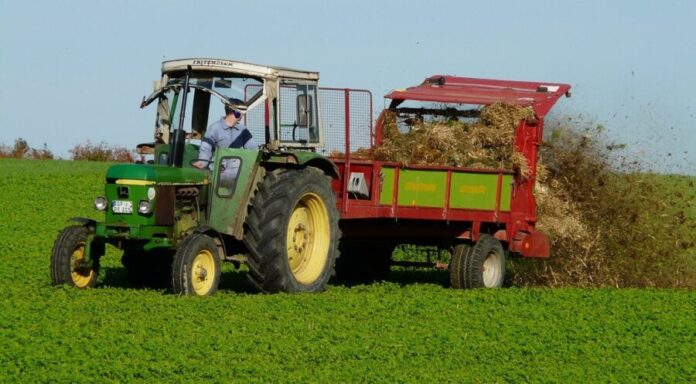According to a news release from Plan International posted on ReliefWeb, the terrible food crisis is getting worse by the day, and girls are among those who are most affected.
Girls are among those who are most impacted by the terrible food crisis, which is getting worse by the day as world leaders get ready to meet at the G20 meeting in Bali, Indonesia, from November 15 to 16.
Plan International is relying on G20 members to acknowledge and address the need for immediate action to address the hunger crisis and to ensure that the current levels of food insecurity never occur again.
Plan International is pleading with the G20 member states in an open letter to make sure that girls’ needs are taken into account in all funding and efforts to address the current hunger crisis and prevent food insecurity in the future. Money must be committed so that millions of people are not threatened by hunger on another day. According to the group, about 50 million people are currently in 45 nations on the verge of starvation and require urgent aid.
The early donations made by the international community in response to warnings about the global hunger crisis over the previous 20 months were a positive start, but effective action is still being delayed and is still severely underfunded.
Plan International has presented the G20 member nations with five important requests as a result. Those requests are:
To save millions of lives, emergency funds must be made available right away. According to the organization, because the world did not act quickly, we are now facing the worst-case situation and need to raise $22.2 billion more to build resilience and save 50 million people from starvation. To stop a great deal of death, money must be readily available, gender-responsive, and given right away with “no regrets.” All donors must make their full and fair contributions right away, without taking money away from helping to address other urgent humanitarian needs.placing an emphasis on the unique requirements of women and children, particularly girls.intensifying attempts to address the war, economic upheavals, and climate change that are the primary causes of the food crisis.building up one’s capacity for resiliency in order to prepare for, respond to, and change in the face of shocks and stresses that cause hunger.ensuring responsibility for the efforts to combat the hunger crisis, which includes reporting on funding commitments and expenditures in a clear and transparent manner, assisting local partners, and consulting affected communities, especially children, to help shape the overall response.



